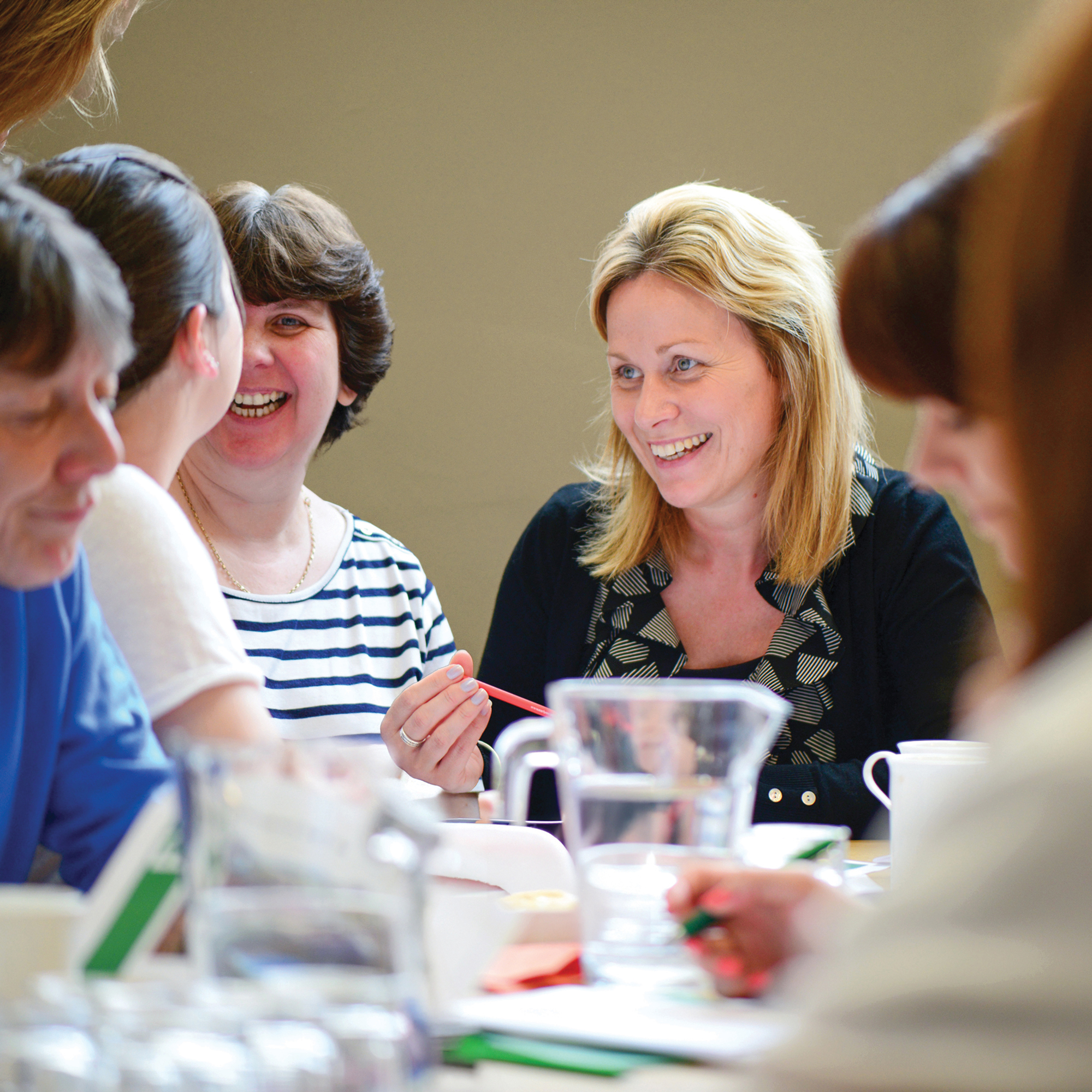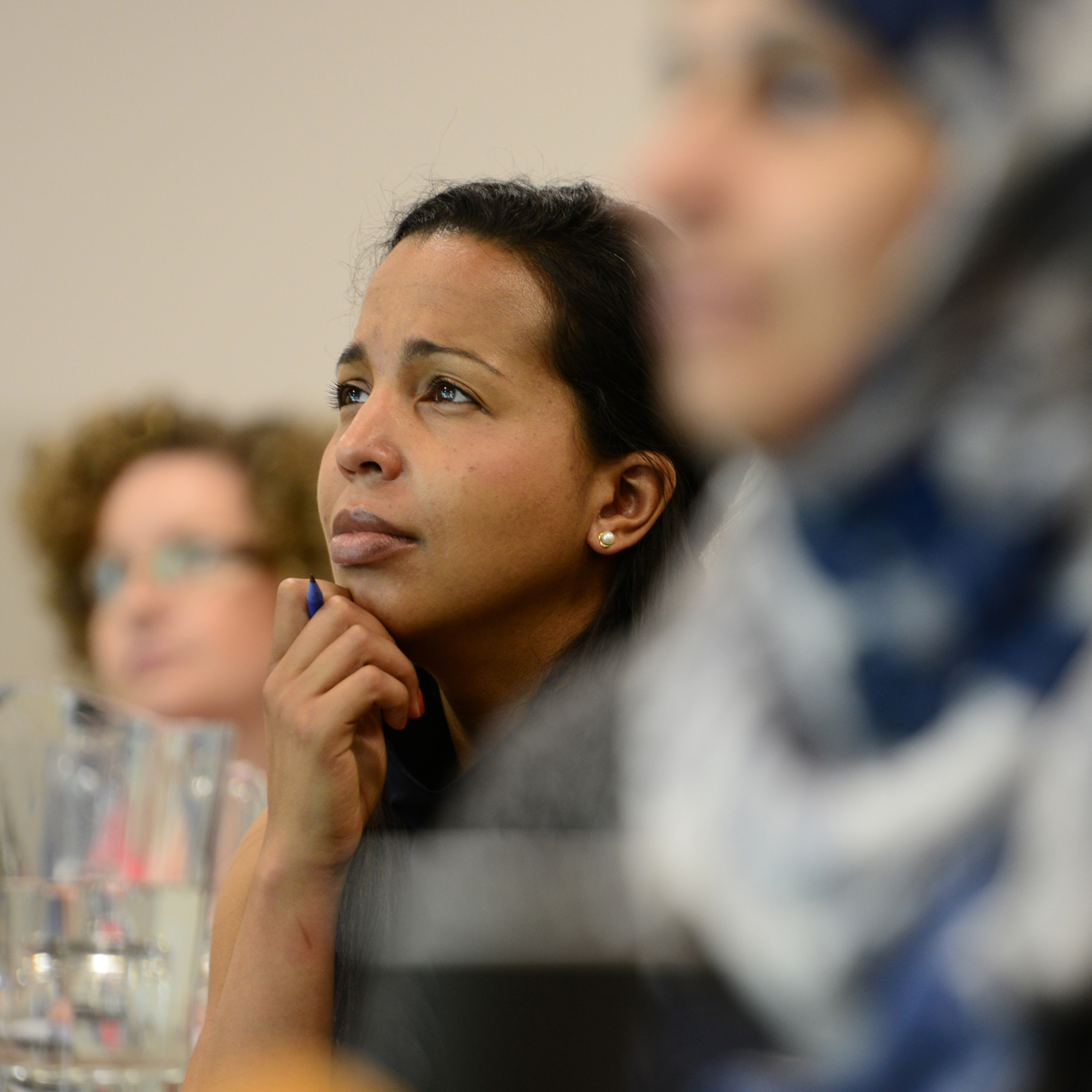Alongside the publication of the final part in its recent series looking at the early years – Best Start in Life, Ofsted also released Strong Foundations in the First Years of School in October 2024 – with the aim being to examine ‘how schools secure the foundational knowledge and skills that every child needs by the end of key stage 1 to give them the best chance of educational success’.
Whilst the report emphasises that ensuring a high-quality early years education is essential for life, unsurprisingly its publication has generated much debate. It recognises that schools are addressing a growing level of challenge, not least as a consequence of the COVID Pandemic. As with previous Ofsted publications there is also a strong focus throughout on supporting the most disadvantaged children.
Its tone does not read warmly, with a number of key concerns raised:
‘Some schools are not making sure that all children learn the foundational knowledge that they will need later. This makes it harder for children to learn at key stage 2‘.
- Some schools do not identify clearly enough the knowledge that children need to learn during Reception and key stage 1. This means that teachers do not know what to prioritise in their teaching and assessment.
- Curriculums are often overloaded with activities that do not focus on helping children to build fluency in foundational knowledge and skills.
- Schools do not always allocate enough time for children to practise what they have been taught so that they remember it.
- Curriculums, particularly in some Reception classes, leave children’s learning too much to chance. When there is a choice about whether to take part, some children, often those who need the most teaching and practice, opt out.
- When schools identify weaknesses in children’s knowledge, skills and behaviour, they do not always consider carefully enough how the curriculum or teaching approaches might need to be adapted to compensate’.
However, there are some core messages, recommendations and calls for change which resonate with many conversations that have been taking place in schools for many years.
Securing Strong Foundations in the First Years of School:
‘Do whole-school approaches get in the way of children learning important foundational knowledge in the early years and key stage 1? Do these approaches (for example, to extended writing or reading comprehension) expect children to do too much too soon?’
A common theme is that in some cases children are being asked to participate in activities or tasks which are developmentally inappropriate – too much, too soon. This requires us to review our curriculum and ensure it is carefully planned to ensure that children have secured the foundations of learning, e.g. focusing on language development as the bedrock of early literacy.
A Responsive Curriculum:
‘To what extent does the curriculum reflect children’s starting points? Does it sufficiently emphasise the knowledge and skills that children need to learn so that they are not held back later?’
The report encourages us to be flexible and to adapt our curriculum to meet the diverse needs of children, recognising their different starting points, rather than following a preset programme for all.
Hybrid Pedagogy:
‘To what extent have you considered what children are thinking during play-based learning? Do all staff understand how play can develop children’s language and executive functioning and help them to learn important knowledge?’
The report encourages us to strengthen adult expertise and understanding about the potential of play, as well as the role of directed activity, and to reflect on the use of different pedagogical strategies to successfully support children on their learning journey. This is something we at Early Excellence frequently talk about when exploring the power of adult interaction and unlocking the potential of the learning environment.
In addition, the report also explores the role of assessment and the risk that end of key stage 1 outcomes may have in negatively influencing decisions about curriculum and teaching methods, echoing the wider discussion around school readiness and Schoolification of early years.
The report also states that ‘we (Ofsted) intend to review and update our guidance for inspectors. This will help them to focus more on how well curriculum, teaching and assessment lead to all children in Reception and key stage 1 learning foundational knowledge’.
There is much to explore, question and reflect on for school leaders and teachers. You can read the report in full in here: Strong Foundations in the First Years of School
We will be examining the findings and messages of this report, and Best Start in Life, in greater depth this term as part of our online and face to face training events, for leaders and wider teams, including at our Inspiring Leaders Conference 2025, during the Roadshows and at our popular EYFS Leaders Programme.
We also have a range of strategic tools and resources which may help you and your team reflect on current practice, found here.
Find out more

Join us at the Inspiring Leaders Conference 2025, to explore the role of leadership in the EYFS, featuring workshops from inspirational leaders and key research on best practice.

Explore these changes in greater depth during our EYFS Roadshow and receive insights and practical advice through the delivery of three essential CPD courses:

The Senior Leaders Programme provides expert training with a school improvement focus to support the effective leadership of the EYFS and KS1.

